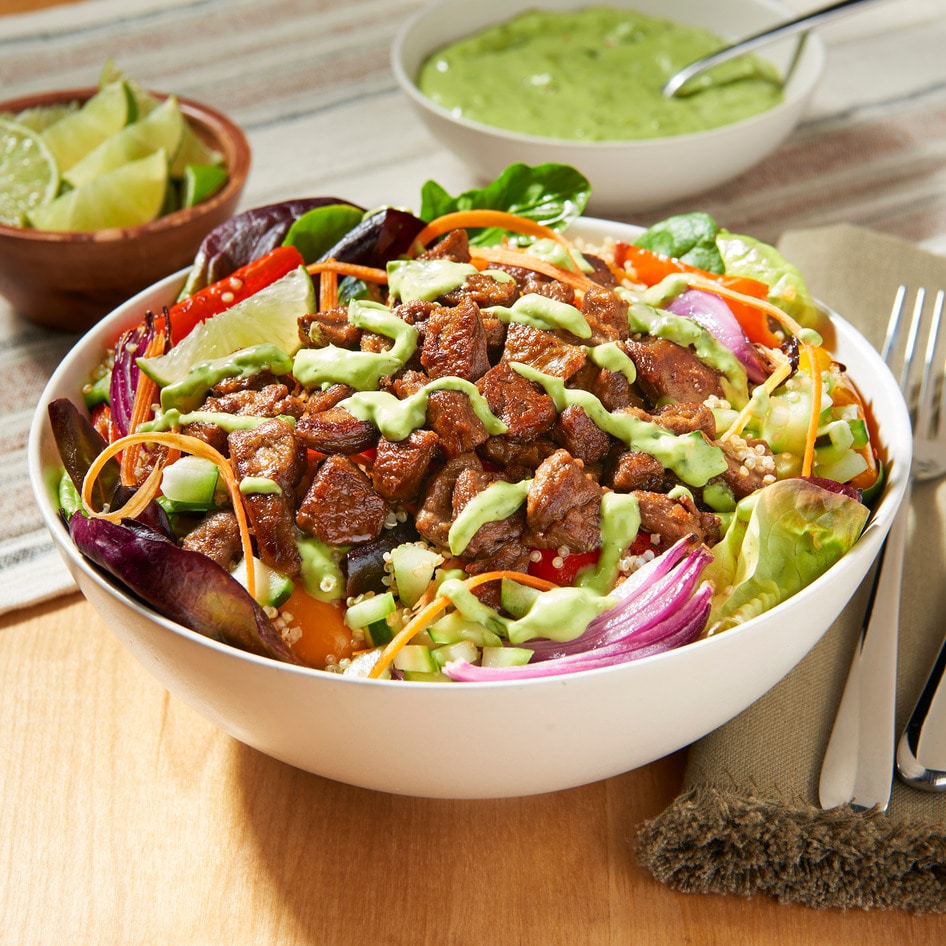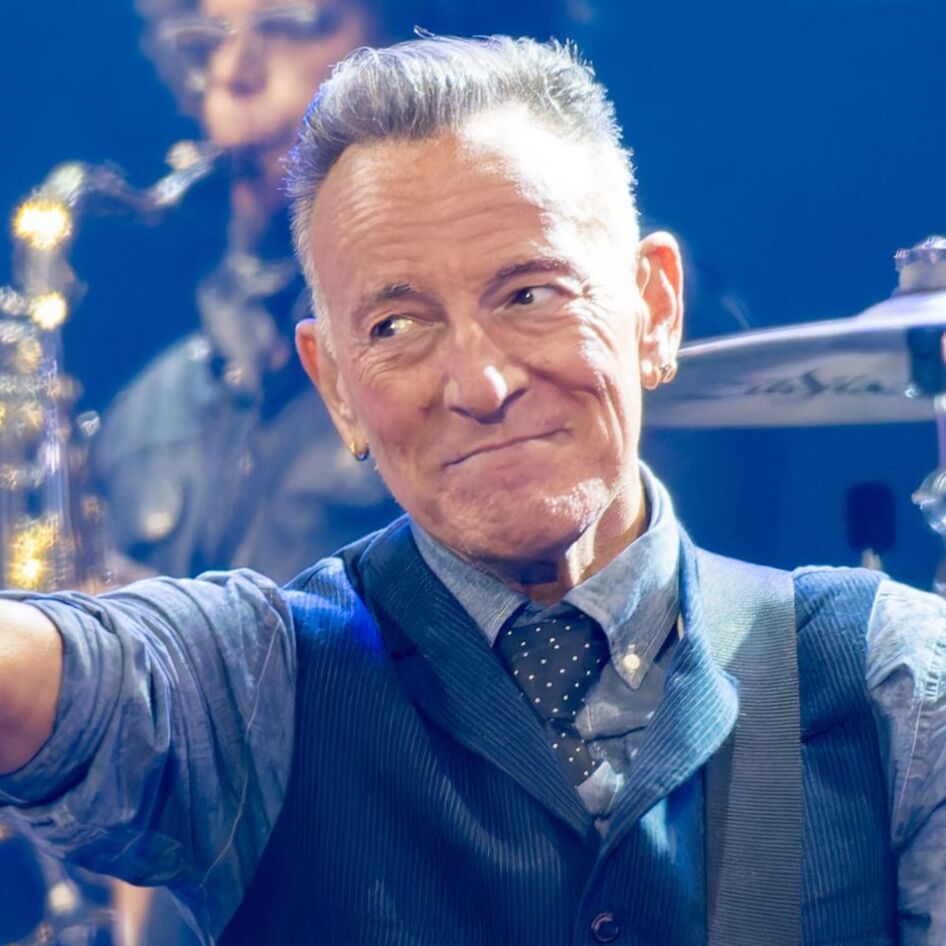Beyoncé Knowles-Carter is one of those rare people in the upper stratosphere of fame who is so well-known, she can be recognized by only her first name. Singer, dancer, songwriter, actress, director, producer, wife, mother of three, Beyoncé is such a force to be reckoned with that it’s hard to write about her influence without sounding hyperbolic, but she is one of the hardest working and most revered public figures in popular culture today. Last week, she dropped a 40-song live album along with the highly-anticipated Netflix documentary of her headlining gig at 2018’s Coachella festival, titled Homecoming: A Film by Beyoncé—and those performances have become an important piece of history. As the first Black female headliner at Coachella, she was joined onstage with 200 other vocalists, dancers, and musicians. She generously shared some of her spotlight with these talented performers to shine a light on Black colleges and universities and how they and their alumni have contributed to society. Based on those momentous performances, it is clear that Beyoncé doesn’t do anything halfway.
Hungry Queen B
Apparently, that is true with her diet as well. Homecoming takes place not only during Beyoncé’s two historic shows but the lead-up to them, starting just a few months after her twins were born the previous June. We see her work out, rehearse highly choreographed routines, and generally psych herself up for Coachella, drenched in sweat. She had baby weight she wanted to drop and she needed to be in top physical shape for her very demanding performances. In the film, meticulously synchronized performances from the Coachella stage are interlaced with strenuous workouts developed by her trainer Marcos Borges—with whom she partnered on the plant-based meal planner The Greenprint—and this allows you to glimpse behind the curtains and see how much work and preparation went into what the audience saw on stage. At one point, Beyoncé talks about her diet through this process. She says: “In order for me to meet my goals, I’m limiting myself to no bread, no carbs, no sugar, no dairy, no meat, no fish, no alcohol—and I’m hungry.” When she said those words, my heart sank. In the few days since Homecoming dropped, more than 35 million (as of this writing) news results come up when you search “Beyoncé diet homecoming” and many of the stories caution that the so-called “Beychella Diet” is a dangerous and extreme one that has dietitians raising red flags: Beyoncé has unimaginable influence on her fans and if they take her cue by adopting strict diets, it is a cause for concern. From a vegan perspective, my own unease was the association of plant-based diets with cutting out animal-free foods, calorie restriction, and, necessarily, hunger.
Carb crash
Carbs seem to be a particular, endlessly contentious flashpoint to dieters, with some praising them and others demonizing them. It’s important to note that fruit, starchy vegetables, beans, and lentils are technically carbohydrates, but let’s assume that what Beyoncé meant when she referred to “carbs” was rice, wheat, and other grains. It is understandable that, given her very strenuous workout regimen, she’d be hungry when cutting out carbs as they play an important role in exercise by providing the energy a taxed body needs. Carbs are converted into glucose in the blood or glycogen in the muscles and they are your body’s preferred fuel for exercise, especially that of a high-intensity nature. It’s not a surprise Beyoncé was hungry—she was restricting and cutting off a vital source of nutritive sustenance during a time of intense physical conditioning. Unfortunately, many news sources commenting on the weight loss aspect of Beyoncé’s film are mischaracterizing her as vegan (she is not, but she does promote plant-based diets) and connecting animal-free diets to dangerous restriction, eating disorders, and hunger. Unsurprisingly in our 24-hour news cycle, the mainstream online media—ever on the lookout for attention-grabbing clicks and shares—has not done a good job of differentiating a plant-based diet from a very restrictive diet.
Restriction eviction
“Beyoncé used a very low-calorie crash diet to lose weight fast,” registered dietician Ginny Kisch Messina, MPH, RD, told VegNews. “It’s true that the more restrictive your diet is, the easier it is to eat fewer calories and lose weight. But if you’re hungry all the time and not enjoying favorite foods, then your diet isn’t sustainable for the long run.” You mean vegans can still eat Buddha bowls? Pancakes? Drink the occasional glass of wine? Yep. It’s all plant-based. “Vegan diets that include fiber-rich carbs are in fact beneficial for weight loss, so including whole grains, beans, and bread in menus is fine for those who are looking to shed pounds,” Messina said. “While it appears that Beyoncé may have eaten only plant foods, her diet isn’t representative of a healthy, enjoyable vegan diet.”
The empty calories of clickbait
Beyoncé is an inspiration to millions and one of the most celebrated people on the planet—deservedly so. This is just a reminder to the public to think critically of the media you consume. Dig a little deeper and you’ll see that clickbait is just as void of substance as extreme dietary restriction—crash diets and plant-based diets are not synonymous. Beyoncé is many things—brilliant, ambitious, generous—but what she is not doing in Homecoming is modeling something representative of a real plant-based diet.
Marla Rose is founding partner of Vegan Street Media and restricts carbs while she is sleeping.
JUMP TO ... Latest News | Recipes | Guides | Health | Subscribe







